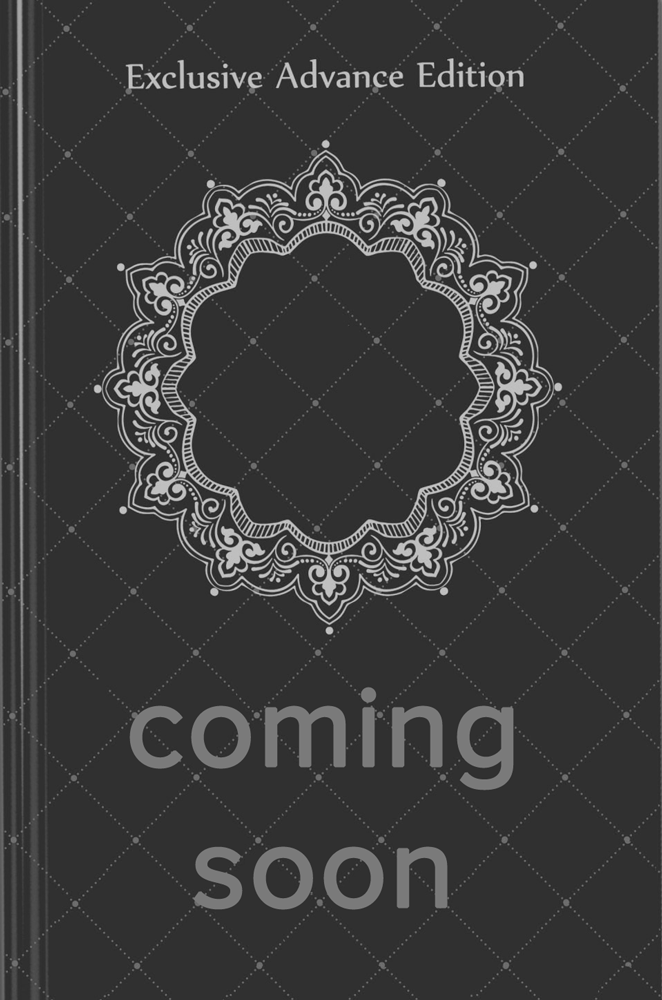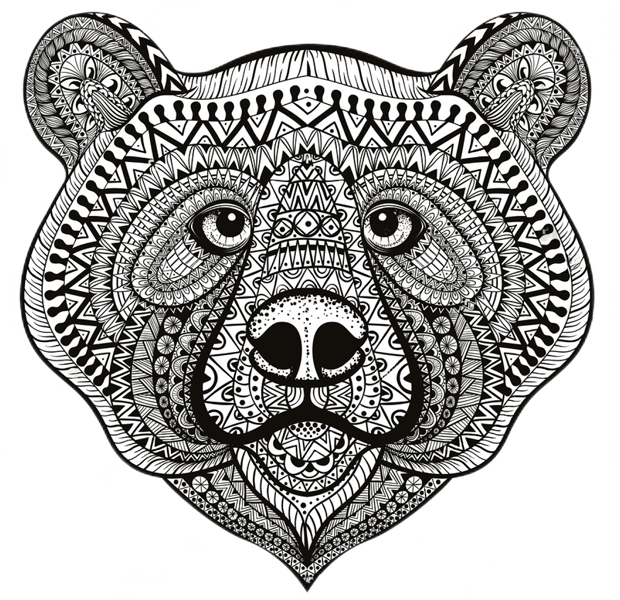Sugeng Shi was born in Sumatera and grew up in Jakarta, Indonesia. He holds a Bachelor of Science in Electronic Engineering, Diploma in Japanese Language, and a Master in Business Administration. He is a Distinguished Toastmaster since 2000. He worked in Japanese and American’s multinational companies dealing with electronics design, cost accounting, product planning and had communication technology consulting experiences. He speaks fluent English, Chinese Mandarin, Chinese Hokkien, Indonesian, Malay, and Japanese. And he is now learning Tibetan translation from Geshe Michael focusing on ancient classics. He is a certified Hatha Yoga Teacher since 2018 and Yin Yoga Teacher since 2019. Sugeng has been an active volunteer in the community service in Singapore since 1991.
Together with his wife Xintian, they founded DMO Wisdom, DMO Yoga and DMO Dharma to help English speaking community learn the DC principle, the authentic yoga and have access to Asian classics. He is leading Diamond Wisdom Indonesia. Together with Xintian, they also founded JJewels dealing with custom-made bespoke diamond jewelries design, production and sales. Sugeng is also the Professor with Sedona College of International Management since September 2020.
Since learning about the DC principles in 2014, Sugeng has gone through many success milestones in life, all thanks to the amazing care and guidance from his great teacher, Geshe Michael Roach. Along the way, he has also been receiving constant support from the lovely couple and teachers, John Brady and Connie O’Brien, on many aspects of life to become a good warrior and a role model for his family and community.
Sugeng lives in the beautiful Singapore with his lovely wife Xintian, and three children Aaron, Alison and Alston, together with his wise and benevolent mother Liani. They love travelling to various cities and countries meeting people from all walks of life sharing their experience and knowledge of the seed system. They enjoy being around old and new friends talking about making life more meaningful and successful.



